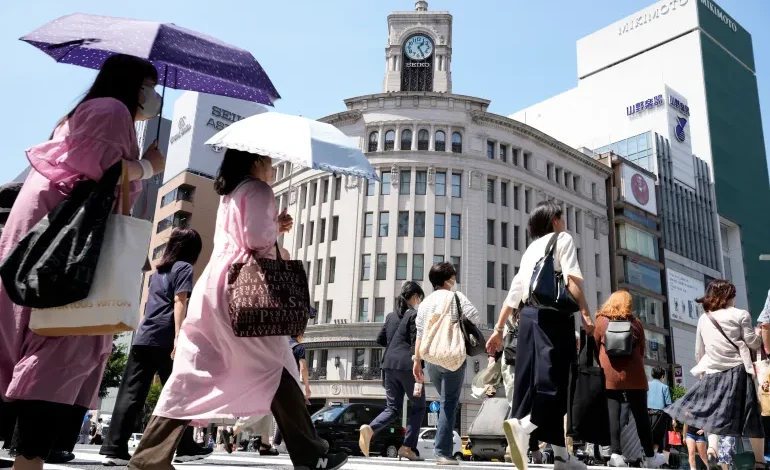Japan’s workers get rare pay bump after decades without a raise

Mr Toyozawa, an advertising sales representative in Tokyo, is not much better off today than when he started working at his company in 2001.
For years, Toyozawa’s salary rose in annual increments of 1 percent and, like many Japanese salarymen at or approaching retirement age, his earnings have gone into reverse since he turned 55 two years ago.“I wish my company recognised how hard I work and I wish they appreciated the work I do,” Toyozawa, who asked to only be referred to by his surname, told Al Jazeera.
“I wish that was reflected in my salary.”
Toyozawa’s plight is common in Japan, where more than three decades of economic stagnation have resulted in some of the weakest wage growth in the developed world.“I wish my company recognised how hard I work and I wish they appreciated the work I do,” Toyozawa, who asked to only be referred to by his surname, told Al Jazeera.
“I wish that was reflected in my salary.”
Toyozawa’s plight is common in Japan, where more than three decades of economic stagnation have resulted in some of the weakest wage growth in the developed world.“To achieve a sustainable high wage growth rate, we need an improvement of labour productivity,” Takahide Kiuchi, an economist at the Nomura Research Institute in Tokyo, told Al Jazeera.
“Unfortunately the labour productivity growth rate has been declining considerably over the [last] 30 or 40 years.”
Japanese Prime Minister Fumio Kishida has pledged to tackle stagnating wages as a priority so that workers receive pay hikes as “a matter of course.”









